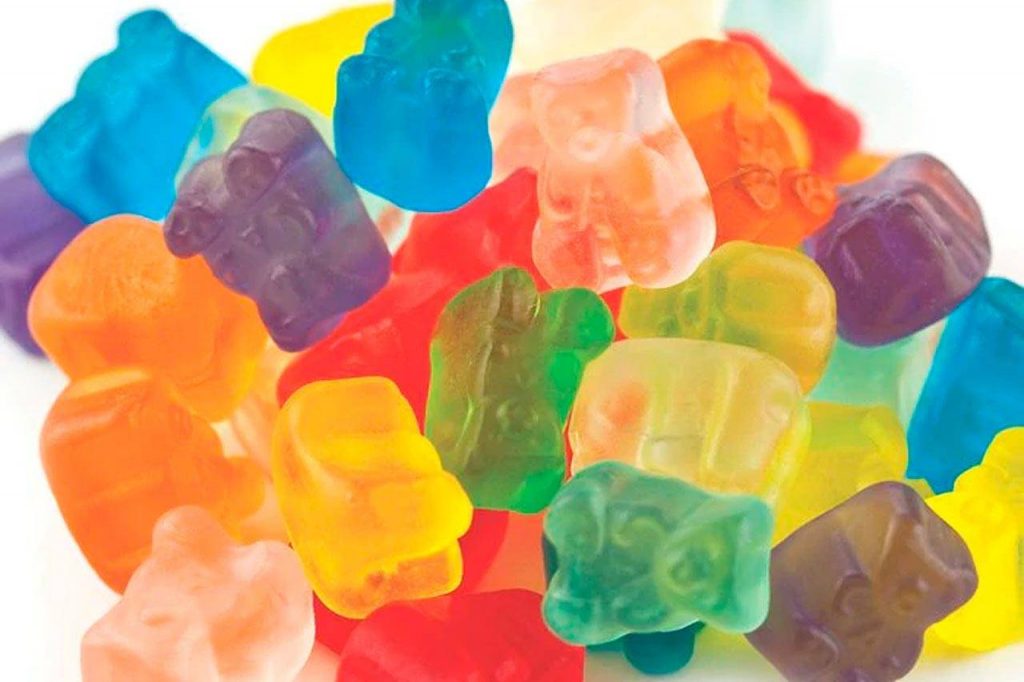Delta 9 gummies and CBD gummies, though both derived from the cannabis plant, cater to different needs and preferences, reflecting their unique chemical compositions and effects. Understanding the differences between these two types of gummies is essential for consumers looking to make informed choices. Delta 9 gummies contain delta-9-tetrahydrocannabinol THC, the primary psychoactive compound found in cannabis. This compound is known for its ability to produce a euphoric high, which can alter mood, perception, and cognition. Delta 9 THC is often associated with recreational use, although it also has medicinal applications such as pain relief, appetite stimulation, and nausea reduction. The psychoactive effects of Delta 9 THC can vary based on dosage and individual tolerance levels, making it important for users to start with lower doses to gauge their response. In contrast, CBD cannabidiol gummies are made with CBD, a non-psychoactive cannabinoid found in cannabis. Unlike Delta 9 THC, CBD does not produce a high, making it appealing to those seeking therapeutic benefits without the mind-altering effects. CBD is widely recognized for its potential in alleviating anxiety, reducing inflammation, and managing chronic pain, among other health benefits.

Because it does not impair cognitive function or motor skills, CBD is often preferred for daytime use and by individuals who need to maintain clarity and focus. The legal status of Delta 9 THC and CBD also differs significantly. In many regions, Delta 9 THC remains a controlled substance due to its psychoactive properties, and its legality varies from state to state and country to country. This means that Delta 9 gummies might only be available in states or countries where recreational or medicinal marijuana is legal. On the other hand, CBD derived from hemp containing less than 0.3% THC was federally legalized in the United States with the 2018 Farm Bill, making CBD gummies more widely accessible across various states, provided they meet the legal THC threshold. Another key difference lies in the side effect profiles of Delta 9 THC and CBD. Delta 9 THC can cause side effects such as dry mouth, red eyes, increased heart rate, coordination problems, and in some cases, anxiety or paranoia, especially at higher doses.
These side effects can be off-putting for some users. CBD, however, is generally well-tolerated with a favorable safety profile. Potential side effects of CBD are typically mild and may include drowsiness, dry mouth, and changes in appetite or weight. When choosing between Delta 9 gummies and CBD gummies, it is important for consumers to consider their personal health goals, legal constraints, and desired experiences. Those seeking a psychoactive experience or specific medical benefits that respond well to THC may opt for delta 9 thc gummies, while those looking for non-psychoactive relief from anxiety, pain, or inflammation might prefer CBD gummies. Consulting with a healthcare provider can also help individuals make an informed choice, especially if they are taking other medications or have underlying health conditions. In summary, while both Delta 9 gummies and CBD gummies offer distinct benefits, their differences in psychoactivity, legal status, side effects, and therapeutic uses guide consumers in making choices best suited to their needs and circumstances.
